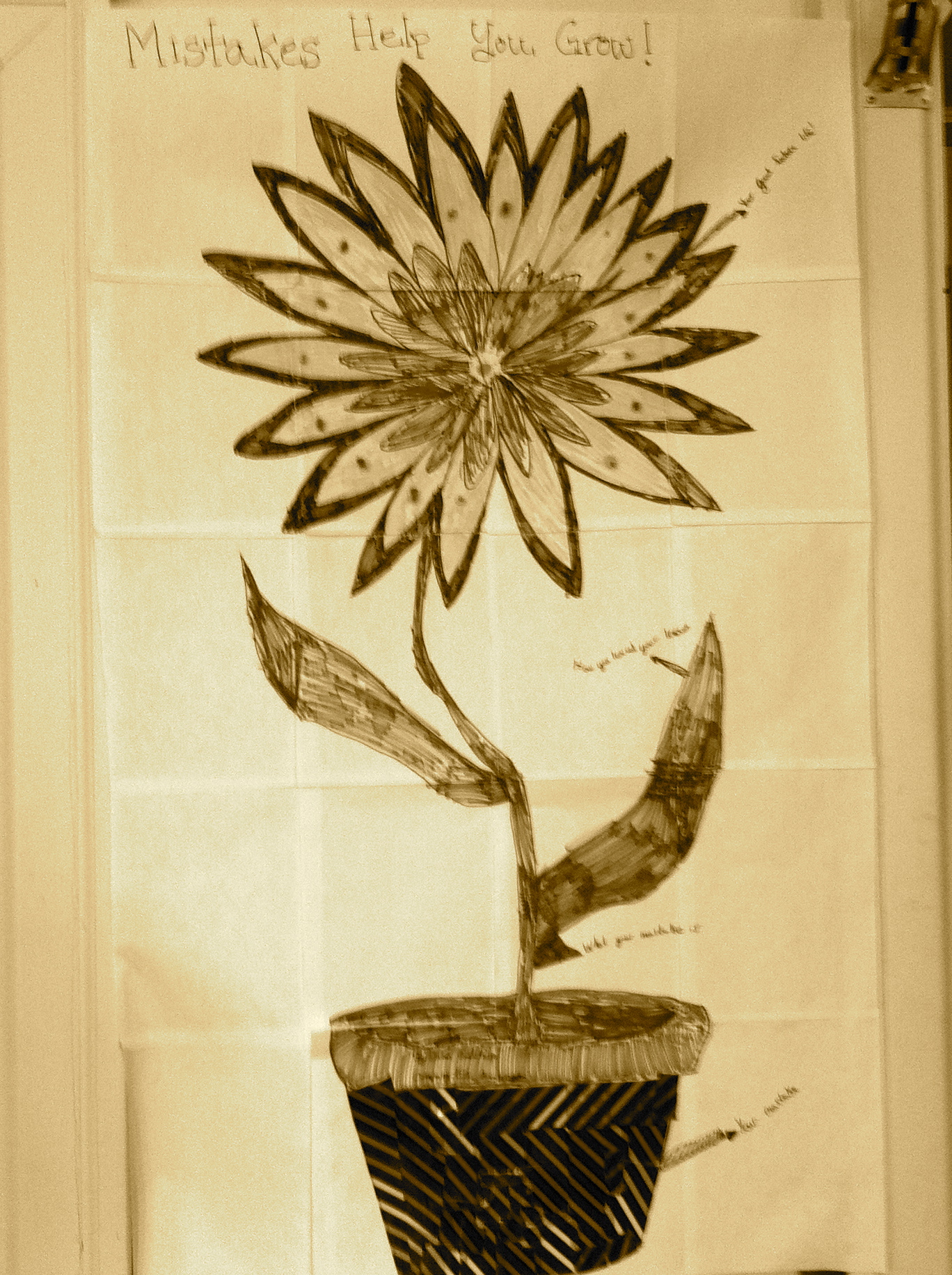
Deconstructing Power, Constructing Knowledge
[flickr id=”13856804084″ thumbnail=”medium” overlay=”false” size=”medium” group=”” align=”none”]
While the second-year Elementary Education and Art Education graduate students are busy student teaching and applying for teaching positions, we are also currently taking one of the most important classes we’ve taken in our Masters of Art in Teaching program so far. In our Education, Culture and Society class, we study the history of and current issues in the United States Education System and focus on critical analysis and critical reflection of power constructs within the classroom.
I say this is the most important class out of all of our classes during our time here at Columbia for a few reasons. Within this class we have learned a great deal about the history of and purposes behind the US Education System; have begun to look critically at standardized testing and curriculum choices and at methods and strategies of teaching; focus on being an ethical teacher and ethics in the classroom; critically analyze power constructs in the classroom and oppression within schools and the education system as a whole; and most importantly we look at the effects these things have on children and students who we teach.
[flickr id=”13569912534″ thumbnail=”medium_640″ overlay=”false” size=”medium_640″ group=”” align=”none”]
Most recently we have started to read Paulo Freire’s Pedagogy of Freedom: Ethics, Democracy, and Civic Courage, an important and moving read for anyone and everyone interested in education, ethics, and democracy. Freire poetically describes these important issues within education and urges readers to embark in conscientization, the critical analysis of oppression and power in the classroom, action to change oppressive ways and change power constructs, and reflection on those changes and practices.
During this past Monday’s class, we looked at Chapter 3 of Freire’s work: Teaching Is Not Just Transferring Knowledge. This portion of the book focuses heavily on humans’ unfinishedness and the innate desire and curiosity to learn. As educators, we must not take that away from our student, but promote it and help it flourish. We focused on the differences between two kinds of teaching. First, the banking system of teaching, in which teachers have all the knowledge and power and students have none. The teachers hold the power to decide how much knowledge to give the students. And more constructivist approaches to teaching, in which students learn out of curiosity, and construct their own knowledge, while teachers foster an environment that promotes such possibilities.
[flickr id=”13856822844″ thumbnail=”medium_640″ overlay=”false” size=”medium_640″ group=”” align=”none”]
After looking in-depth at many of the ideas within this chapter, we performed a short work in small groups surrounding these concepts. I’d like to end this blog by sharing my group’s collaborative spoken word that we performed. Final writing by Ken Beckwith.
Watch your self
weather from your hands,
from your heads,
decisions from your mouth
change the season
step in, step out, step up
is it yours or ours?
mine or yours?
I am still growing
and at the tomb,
still unfinished
subject, verb, object
ownership of reactions
whose history is mine?
whose history is yours?
together
we’re writing his story
wake up,
bring to the day
your consciousness;
our construction
with the world, with others
unlike cattle,
unlike machines,
I find hope
I condition my hair,
I can’t condition your independence
unstifled, forever
keep your brand off my skin
and walk alone
you know where you need to be
be there
I feel
base-line of knowledge
suffocation
you need a base-line
but something that doesn’t suffocate
it’s all comedy
it’s all comedy
